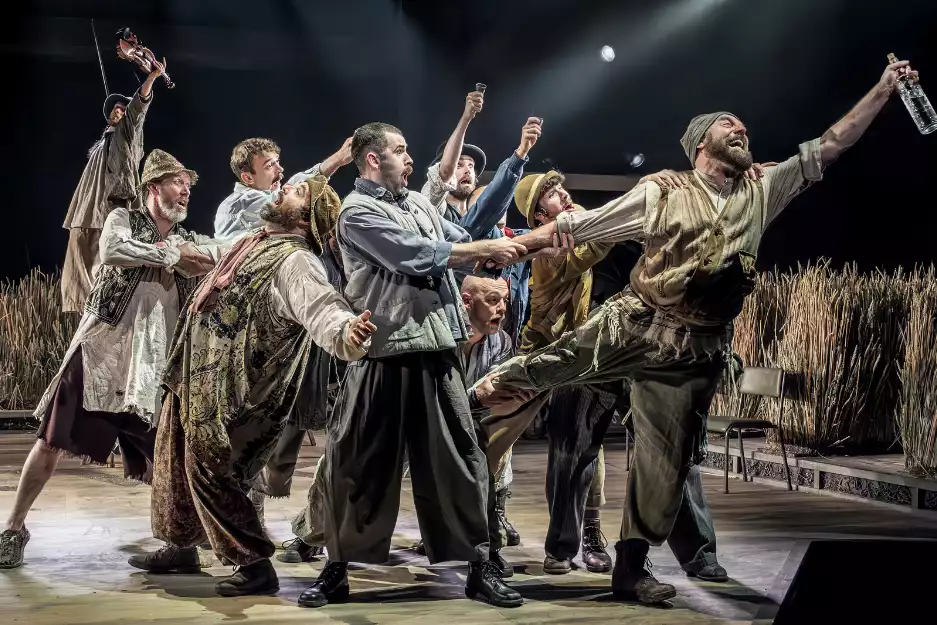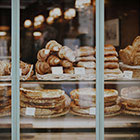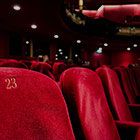-
AllAnytime Fitness Gym Art Blog Bus Fares Bus Service Business Business Expo C2C Care Care Home Charity Children Christmas Cinema City Status Cliffs Pavilion Cliffs Pavilion Review College Community Competition Construction Coronation Coronavirus Design Easter Education Electoral changes Leigh on sea Employment Emsella Chair Environment Essex & Suffolk Water News Essex Police Essex Wildlife Trust News Events Family Fun Fashion Festival Film Finance Fitness Food Food & Drink Foulness Bike Ride Fresh Face Pillow Company Gardening General Election Hair & Beauty Halloween Harp Havens Havens Hospice Havens Hospices Havens Hospices Health & Fitness Health & Beauty Health & Fitness Healthwatch Southend Historicaleigh History Holidays Housing Indian Indirock Jubilee Karen Harvey Conran Kids Kids Competitions Lazydays Festival Legal Leigh Art Trail Leigh Folk Festival Leigh Library Leigh Road Leigh Town Council Leigh Town Council Press Release Leigh on Sea Leigh on sea Folk Festival Leigh on sea Marathon Leigh on sea Town Council Leigh on sea man breaks marathon record Leigh on sea news Lifestyle Livewell Southend Press Release LoS Shop London Southend Airport Los Shop Marathon Mortgage Angel blog Mortgages Mughal Dynasty Music My Mortgage Angel MyLoS NHS News News Offers Palace Theatre Parenting Parking Pets Picture Of The Week Pier Politics Press Release Press Release Southend City Council Professional Property Property Of The Week RSPCA Ray Morgan Re:loved Recipes Recycling Restaurant Restaurant Review Restaurants Review Roads Rotary Club Royal Hotel Royal Visit SAVS Schools Seafront Shopping Shows & Music Review Shows & Music Shows & Music Review Southend Southend Airport Southend Borough Council Press Release Southend City Bid News Southend City Council Southend City Council Press Release Southend City Council Press Release Southend Community Safety Southend Hospital News Southend In Sight Southend In Sight Southend In Sight Press Release Southend on Sea Sport The One Love Project The Ship Hotel Theatre Theatre Blog Theatre Review Theatre review Transport Travel Travel Veolia Volunteer Weddings Whats On c2c
Review of Fiddler on the Roof

The lights rise on a golden wheat field. A lone fiddler emerges on the balcony, bow dancing across strings with a haunting melody. The scene is set. Above it hovers the earth, suspended mid-air as if the gravity of the performance itself has altered the physical world. Fixed to its underside are large mirrored letters. Another field of wheat atop this floating landmass—a strange, beautiful echo. As the music swells and the show begins, the letters click into place: "ANATEVKA." Designed to be read from above, it becomes clear, we are looking down upon this world. This is not just a village; this is its exposed soul. The earth has been split open so we might see its heart.
Set in 1905 in a Jewish shtetl in what is now Ukraine, Fiddler on the Roof tells the story of Tevye, a poor dairyman navigating the tightening bind between tradition, faith, and family as political unrest closes in. Based on Sholem Aleichem’s “Tevye’s Daughters,” the beloved 1964 musical adaptation, with book by Joseph Stein, music by Jerry Bock, and lyrics by Sheldon Harnick, has long been a cornerstone of musical theatre. In this latest production, director Jordan Fein delivers something both reverent and radical: a Fiddler that is deeply rooted, yet stylistically fresh; emotionally bold, yet never forced.
As Tevye, Matthew Woodyatt (with his amazing vocals) offers a portrayal less booming patriarch, more weary philosopher. His conversations with God, equal parts prayer, protest, and punchline—are rendered with quiet humour and aching sincerity. His If I Were a Rich Man brims with longing, not just for wealth, but for rest. And in the show’s devastating final act, Woodyatt is quietly heart-wrenching.
Opposite him, Jodie Jacobs brings flinty wit and iron resolve to Golde, Tevye’s long-suffering wife. Their duet Do You Love Me? is a highlight, warm, funny, and ultimately poignant, a tender glimpse of enduring love in a marriage forged by tradition rather than romance.
The narrative unfolds through the rebellious hearts of Tevye’s three eldest daughters, Tzeitel (Natasha Jules Bernard), Hodel (Georgian Bruce), and Chava (Carys McQueen) each drawn to a suitor who pushes further beyond their father’s (and culture’s) expectations. A tailor, a radical and a gentile. Each choice chips away at Tevye’s worldview, and each confrontation is rendered with complex emotion and surprising wit.
The daughters shine in their own right—individually charismatic, but strongest in ensemble. Their Matchmaker is brimming with charm and anxiety, capturing the delicate balance of hope and fear that defines both adolescence and arranged marriage.
Choreographer Julia Cheng reinterprets traditional folk movement with modern dynamism. The iconic bottle dance is performed with astonishing control, and large ensemble scenes particularly the wedding and the raucous tavern sequence, crackle with physicality and joy.
Tom Scutt’s set design is quietly ingenious. That hovering “roof”, a literal and symbolic structure conjures tradition, shelter, and, as the story darkens, entrapment. Its shifting presence reflects the fraying fabric of a once-stable community.
From its rousing opening number to its quiet, shattering farewell, Fiddler on the Roof remains a rich, resonant tapestry, political and personal, tragic and joyous. This production is not just a revival; it’s a revelation. It reminds us why we tell stories, why we sing, why we remember.
A production straight from the West End, boasting a stellar cast, stunning sets, enchanting music, and show-stopping choreography. Every member of the ensemble delivers a first-class performance, showcasing exceptional vocal and dance talent across the board.
A show to remember and one not to be missed.
ADD A COMMENT
Note: If comment section is not showing please log in to Facebook in another browser tab and refresh.





















